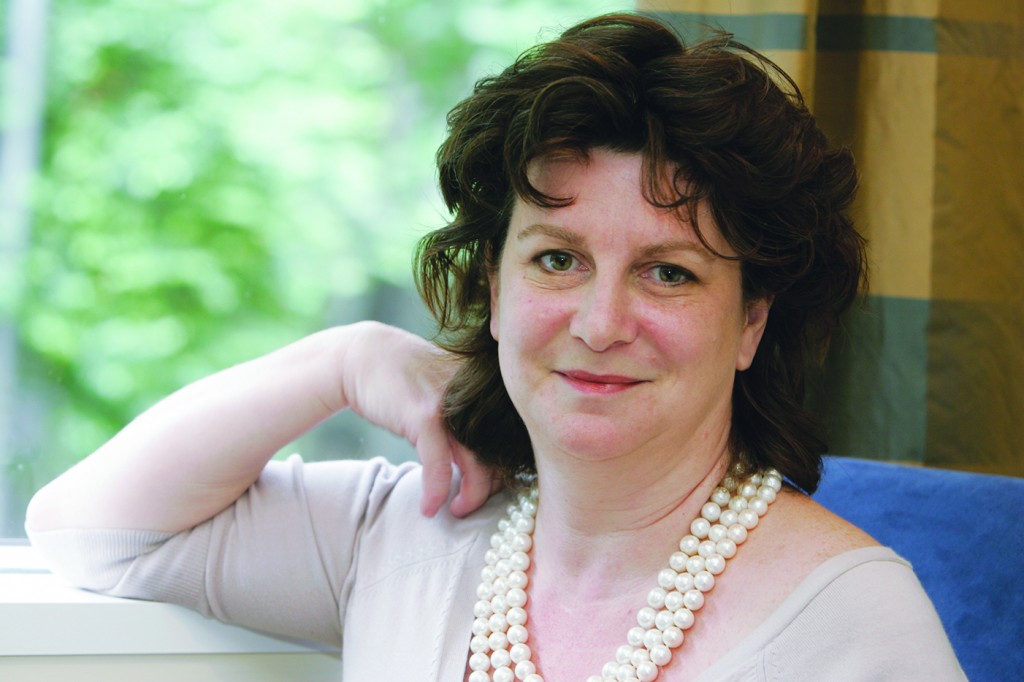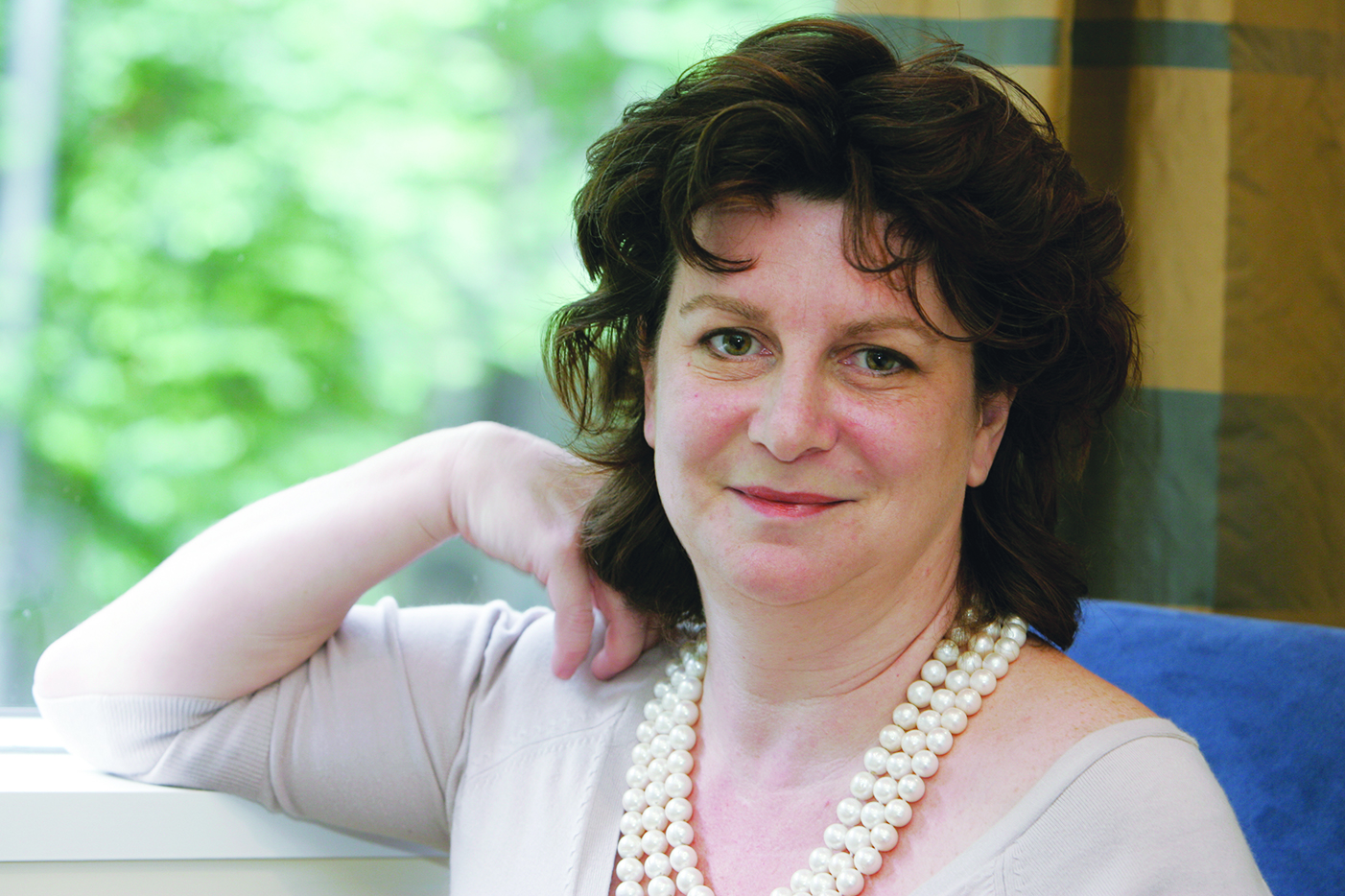
Why is cervical health so important?
It’s very important because cervical cancer, when well managed, is completely preventable. It’s the holy grail of cancer therapy: finally, a cancer that can be not just cured, but wholly prevented, by intervention. It would be such a shame if – because of a lack of proper education – women didn’t realise that they had the opportunity to completely rule out one cancer from blighting their life and their chances of reproduction.
What are some common misconceptions when it comes to cervical cancer?
Many people don’t realize that cervical cancer is a sexually transmitted disease. It’s almost entirely caused by the human papilloma virus [HPV]. If you’re sexually active, pretty much 100 percent of women will have HPV at some time in their life. Many strains will spontaneously clear up on their own. It’s the common cold of STDs.
So what exactly does HPV do in our body?
HPV is of the wart virus type. They are oncogenic viruses, which means they combine with our DNA when they replicate in our cells, making it more likely that mistakes are made when cells divide. The increase in mutations leads to an increased risk of cervical cancer.
How often should we go for a PAP smear?
We normally advise having your first PAP smear [a test for precancerous cells on the cervix] within three to five years of first having intercourse. Any earlier than that and you’ll freak yourself out unnecessarily as you almost certainly will have contracted HPV. Regular PAP smears will give a good indication of whether you are at risk for cervical cancer. Unfortunately the tests are inherently inaccurate and may only pick up abnormalities 50 percent of the time. This is why we recommend a PAP smear and simultaneous HPV screen [a test that detects the presence and type of HPV virus] to see whether you are high risk. It’s the same procedure for the patient although it is more expensive. However if both are negative you don’t need to have another PAP smear for three to five years.
Why are these tests important?
HPV testing helps us to identify people at risk and target them for closer surveillance. But if you’re HPV negative, it means you can have fewer PAP smears. This method is better at dividing the community into high- and low-risk. If everyone had a PAP and HPV test every three years, nobody should get invasive cancer, and any pre-cancerous changes should be detected in time to do a LEEP biopsy [using a wire loop to remove precancerous cells from the cervix]. That’s the best end to the prevention of invasive cancer – preventing it by doing the LEEP biopsy in time, meaning fewer hysterectomies or incurable cancers of the cervix.
Say we get our test back and it says that we’ve tested positive for HPV. Should we panic?
This is when you should have a good relationship with your GP – they should be able to communicate well. When we get a virus positive, we tell our patients not to worry and that there is no sign of cancer, but we increase the frequency of the PAP smears until we can see that the virus has gone away. Most of the time they spontaneously clear themselves within six-18 months.
So when is further action required?
If your HPV test is positive and you’re also showing signs of precancerous changes from your PAP smear, we may advise you to have a biopsy. If the virus persists for more than 18 months, even if the pap smear is normal, we will do a biopsy. if you’ve had a persistence of the virus and you’ve had a biopsy with the presence of CIN-3 [a categorical criteria showing severely abnormal cells on the surface of the cervix], we will normally perform a LEEP biopsy. The reason being is that the next stage after CIN-3 is invasive cervical cancer, which is when the abnormal cells cross the basement membrane and become invasive.
HPV in Numbers
- Cervical cancer is one of the top 10 cancer deaths for women in Hong Kong, despite it being almost completely preventable with regular screening.
- According to the Centre for Health Protection, 37 percent of women in Hong Kong have never had a PAP smear.
- Despite HPV’s prevalence, only 14 percent of Hong Kong women believe it to be common in Hong Kong, and only 3 percent think they are likely to contract it (source: Hong Kong HPV Survey 2016)
- Women should have a PAP smear and HPV screen three years after becoming sexually active. If both come back clear then you don’t need testing again for three years, or five years if you’re in a monogamous relationship.

